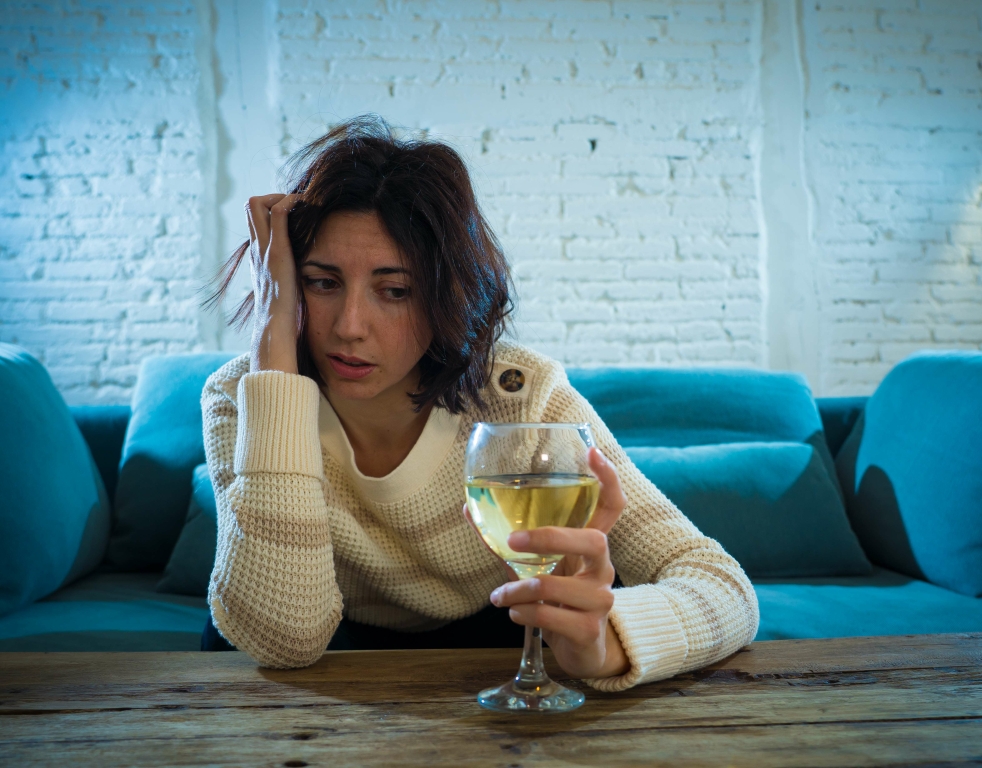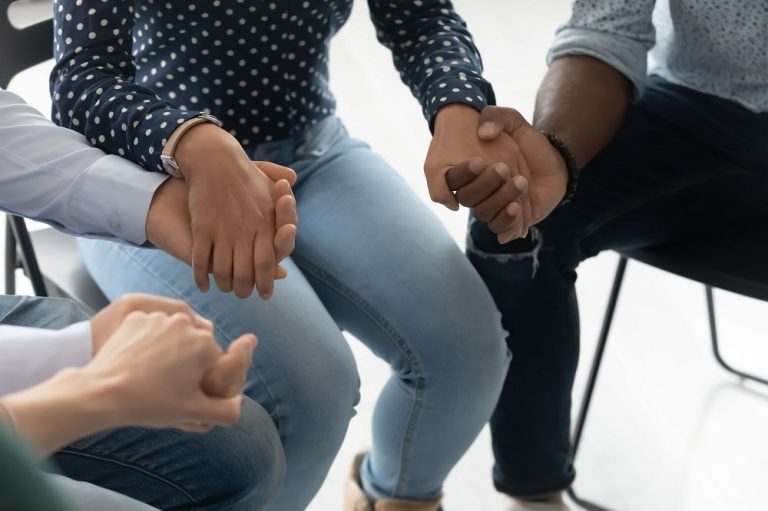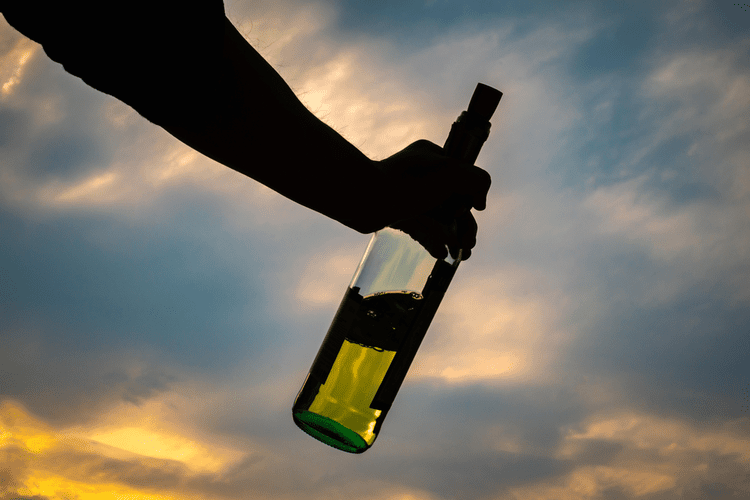Why Alcohol Can Give You Anxiety
This can become a cycle where you become dependent on alcohol. Few people may realize it, but you can actually be allergic or intolerant to alcohol. Anywhere from 7% to 10% of the general population has such an allergy, though it affects about 35% of those with Asian backgrounds. Signs include skin flushes and a feeling of being either wound up or very sleepy. When you drink, do you couple this with eating pretzels, pizza or sweets? We tend to pair up our vices, and not only drink alcohol but also eat highly dense, problematic foods.

Managing anxiety and alcohol
Your body can have an uncomfortable sensation the next day as a result, which can feel like a nervous energy or anxiety. Even if you’re consuming a standard amount of alcohol — a 12-ounce beer or a 5-ounce glass of wine — you’ll experience a mild detox or withdrawal. It takes https://redbridgeradiocars.com/alcohol-use-disorder-11-signs-causes-mental-health/ your body and liver about eight hours to remove what’s essentially a poison. As this is happening, it can affect your central nervous system and cause you to feel jittery or anxious. Do you ever notice yourself feeling a little out of sorts the day after you drink?

How alcohol can cause anxiety and why you shouldn’t treat anxiety with alcohol
But there can also be a feeling of anxiety and panic the next day.
- Drinking can also cause hangovers, which usually consist of symptoms like nausea, dizziness and headaches.
- In addition, if you’re noticing your anxiety levels increasing after drinking, try cutting down on how much you drink.
- Signs include skin flushes and a feeling of being either wound up or very sleepy.
- It makes sense why people reach for a drink as a stress reliever.
- As alcohol is a sedative and depressant, it can relieve feelings of fear and anxiety in the moment.
How alcohol impacts anxiety
In addition, if you’re noticing your anxiety levels increasing after drinking, try cutting down on how much you drink. Plus, take note of how your mood is each day — if you’re feeling extra on edge already, try and go against the temptation of remedying that with alcohol. For some people, your anxiety actually comes before alcohol. About 3.1% of the U.S. population is affected by generalized anxiety disorder, according to the Anxiety & Depression Association of America. If you’re feeling nervous about being in a social setting, you may pour yourself a glass of wine to self-regulate any stress. Many people don’t realize how dehydration can cause anxiety.

Alcohol is a mild anesthesia and will put you in the mood for sleep — at least initially. Later in the sleep stages, alcohol disrupts REM sleep and paralytic sleep, which is when your body rejuvenates itself. It makes sense why people reach for a drink as a stress reliever. As alcohol is a sedative and depressant, it can relieve feelings of fear and anxiety in the moment. But after the alcohol wears off, you can start to feel your anxiety come back even stronger.
Sleep disruption
Alcohol affects the levels of serotonin and other chemicals in your brain, so it affects your body and mind in various ways the next day. If you’re feeling overwhelmed by your anxiety disorder, there are other ways to seek help. Even one drink can interrupt the natural cycles of sleep, causing a nervous or irritable feeling the next morning.
- When you drink, do you couple this with eating pretzels, pizza or sweets?
- Even if you’re consuming a standard amount of alcohol — a 12-ounce beer or a 5-ounce glass of wine — you’ll experience a mild detox or withdrawal.
- But there can also be a feeling of anxiety and panic the next day.
- Alcohol affects the levels of serotonin and other chemicals in your brain, so it affects your body and mind in various ways the next day.
Anxiety seems to be a bedfellow of does drinking make your depression worse alcohol — and for many reasons. If you take medication for anxiety, or you take anti-inflammatory drugs or narcotics, drinking can cause problems with anxiety. You can become agitated and jittery because your body is busy processing the alcohol, which neutralizes the effect of these medications. Alcohol is a natural disinhibitor — meaning it can cause you to make choices you may not make while sober.
How alcohol can cause anxiety and why you shouldn’t treat anxiety with alcohol
This is why some people can wake up feeling embarrassed alcoholism treatment about things they said or did. This can definitely cause anxiety and worsen any existing phobias or overthinking tendencies you may already have. Drinking can also cause hangovers, which usually consist of symptoms like nausea, dizziness and headaches.

